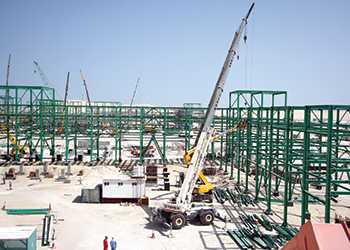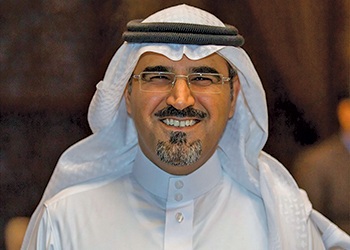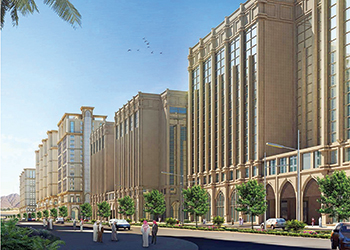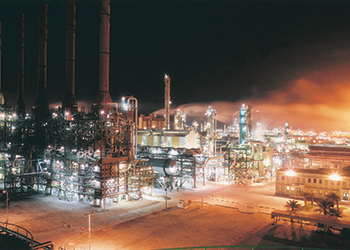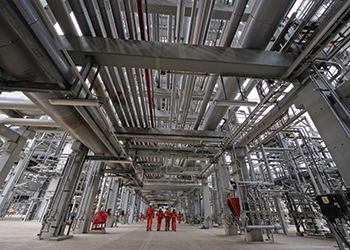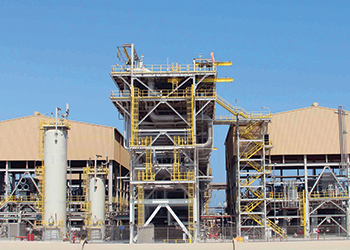
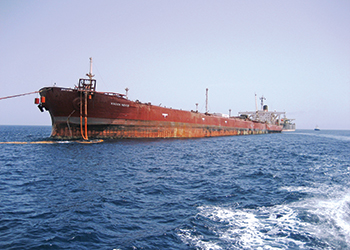 Maersk oil ... fighting it out in Qatar
Maersk oil ... fighting it out in Qatar
In May last year, Qatar Petroleum said it would invest over $11 billion to redevelop the Bul Hanine offshore oil field as part of a broader programme to reinvigorate all of its older oil fields, including the complex Al Shaheen field
Maersk Oil, the operator of the giant offshore Al Shaheen oil field in Qatar, is set to face competition from other oil companies for the field’s further development once the Danish company’s current contract expires in mid-2017.
Maersk Oil says that state-owned Qatar Petroleum had started the process of selecting a partner for Al Shaheen’s future development, despite the fact that the Danish company has been in place as operator since 1992.
The announcement comes as Qatar looks to move forward with plans to expand its upstream sector having focused since 2010 mostly on downstream developments, especially in petrochemicals.
In May last year, Qatar Petroleum said it would invest over $11 billion to redevelop the Bul Hanine offshore oil field as part of a broader programme to reinvigorate all of its older oil fields, including the complex Al Shaheen field.
"Qatar Petroleum has initiated an evaluation process for the selection of a partner to undertake the future development of the Al Shaheen field, as the current agreement expires mid-2017," Maersk Oil says.
It says it has produced some 300,000 bpd from the field for more than 20 years, representing some 40 per cent of Qatar’s current oil output.
Maersk Oil says it hoped to be able to continue its partnership at the field.
"We have known that we would be challenged on terms and conditions in connection with the 2017 extension and have been awaiting more information on how Qatar Petroleum wished to go about such a process," Maersk Oil CEO Jakob Thomasen says.
"We look forward to this opportunity to continue our partnership with Qatar Petroleum, based on our long-term commitment and detailed technical knowledge," Thomasen says.
He added that Maersk Oil had developed an "unrivalled" technical experience and understanding of the complex field and that it had a "robust plan" to deliver future value from Al Shaheen.
Maersk Oil is a mid-range producer, with its share of production from Al Shaheen dominating its production portfolio.
In 2014, total net production rose by 7 per cent to 251,000 bpd of oil equivalent.
It says in February that it expected its production to rise in 2015 to 265,000 boepd due to new project startups.
Maersk Oil also has upstream operations in its home country Denmark as well as in Norway, the UK, Algeria, Angola and Kazakhstan.
For Opec member Qatar, pushing more oil out of Al Shaheen would be something of a departure.
Qatari oil minister Mohammed Al Sada said in May 2012 that Doha did not want to over-exploit the field as part of a plan to protect the country’s main producing assets.
Industry speculation has been that the level of output at Al Shaheen could be raised to as much as 525,000 bpd fairly quickly.
Qatar’s total oil output has remained steady in recent years – Platts latest survey of Opec production put Qatar’s output in April at 680,000 bpd – but this is below highs of more than 800,000 bpd at times in the past 10 years.
Qatar is also known for its vast gas reserves, the world’s third largest after those of Iran and Russia. It is currently the world’s leading LNG exporter after attaining its target of 77 million tonnes per year LNG production capacity in 2010.



































































